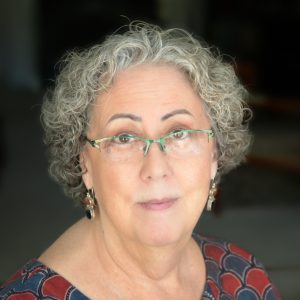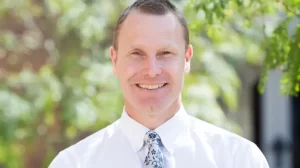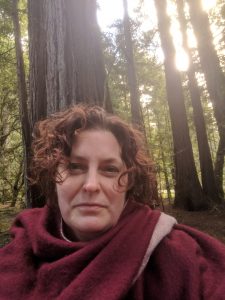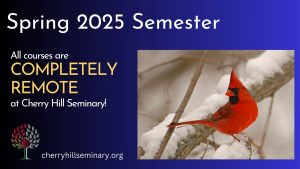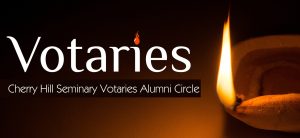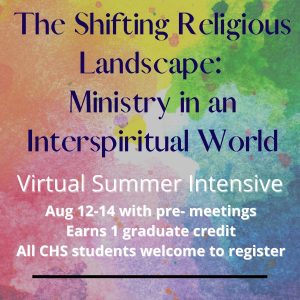
Required pre-intensive meetings: Jul 9 at 11:00 AM ET; Jul 23 at 11:00 AM ET; Weekend online component: August 12-14.
Pay to Register Now
Nietzsche famously declared “god is dead, and we have killed him,” but humans the world over continue to pursue or create paths to understanding existence which we have traditionally called “religion.” Western scholars have mainly tended to categorize all such paths into one of what they called “world religions,” even though a large swathe of people and their more fluid beliefs or practices were largely ignored. Even today, theologians, anthropologists, philosophers and even the average person all posit a range of definitions of the word “religion,” unable to come to an understanding which might underpin our discussion of the subject. Codifying such a definition might be useful, but that achievement seems increasingly unlikely given the shifting landscape of contemporary religion. To better understand the society and culture in which Cherry Hill Seminarians live and will graduate, we must examine the phenomena of “multiple religious belonging,” and “interspirituality.”
Peer review is not just the arduous process of submitting a paper for publication just to have it critiqued a million times over before the possibility of acceptance. Peer review is also the process of gaining valuable insights into your research and writing that will ultimately assist you in your thesis development and direction. The sessions at this intensive will examine how to do a peer review for your colleagues and how to accept that feedback from others, in a productive and constructive way. We will discuss, model, and practice a specific guide that can be used throughout the thesis process.
Professors:
Margo Wolfe, Ph.D. – is the Academic Dean of Cherry Hill Seminary. She earned her Ph.D. at Walden University in Curriculum, Instruction, and Assessment and has taught at several universities in her hometown. She has over 25 years of experience leading Pagan groups in Northwest PA and New York and has served in multiple organizations including the Sisterhood of Avalon. In addition, Wolfe has liturgical experience in the larger religious community, has presented at various festivals and conferences such as Sirius Rising and PantheaCon, and is published in several Pagan anthologies. In her spare time, she creates large-scale interactive and immersive art installations with her partner.
